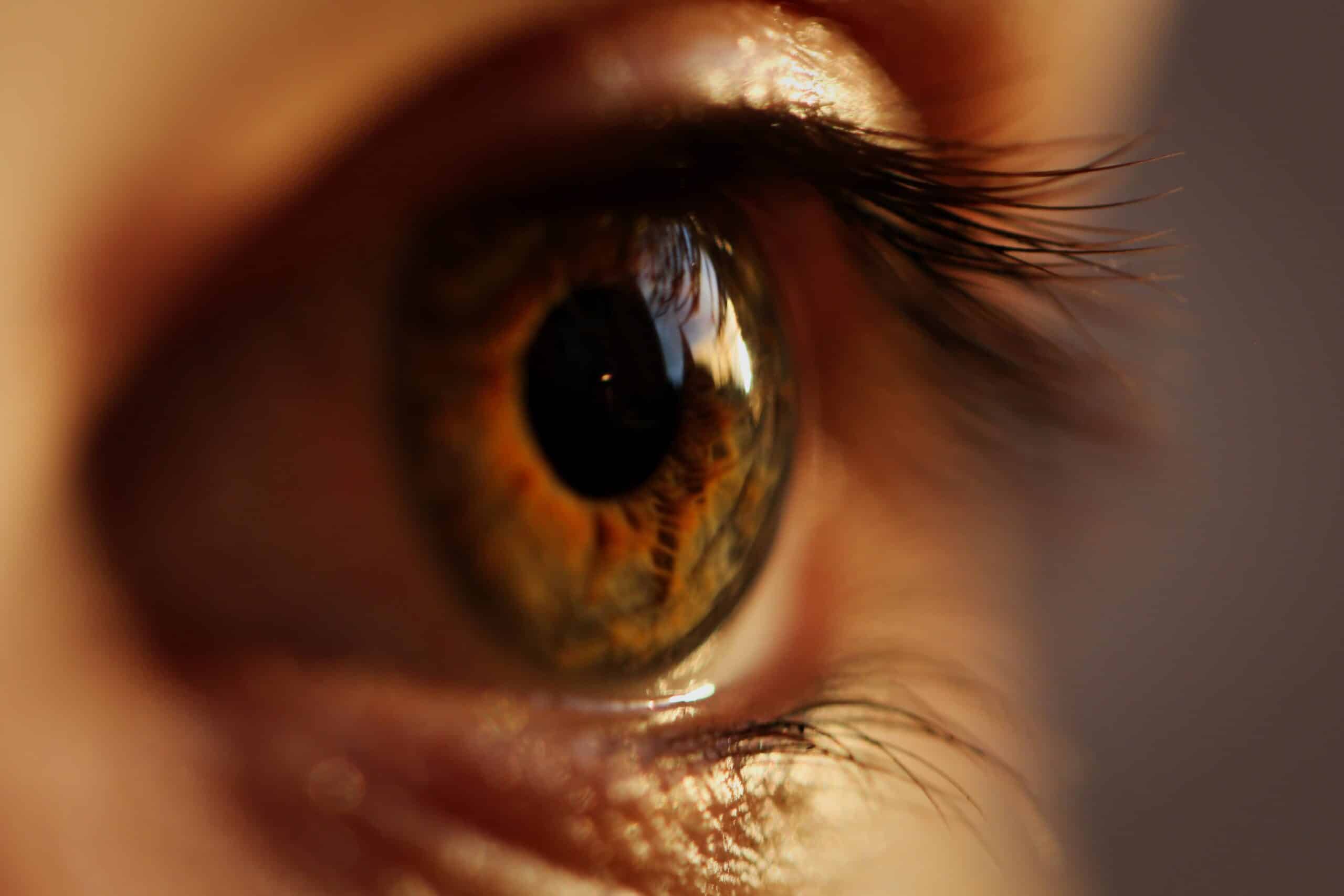The Worldcoin Protocol is now live and its native token WLD is transactable on the blockchain.
On July 24, the protocol completed its migration to the OP Mainnet, a Layer 2 blockchain developed by Optimism. The launch follows 18 months of beta testing and over 2 million sign-ups.
The Worldcoin project is now live. pic.twitter.com/xZXG4w56Ps
— World (@worldcoin) July 24, 2023
The Worldcoin Foundation, the entity behind the project, also unveiled plans to scale its iris-scanning Orbs which serve as biometric verification devices.
After scanning their eyeballs, users will receive a unique World ID, the project’s privacy-preserving solution designed to prove a person is human. The Worldcoin Foundation expects to deploy 1,500 Orbs to 20 countries across the globe over the next few months. The Orbs can currently be found in Berlin, London, Dubai, Mexico City, Miami, New York, San Francisco, Seoul and Tokyo.
Users will also receive cryptocurrency after proving their unique personhood, in the form of the protocol’s newly launched WLD token. However, WLD tokens are not intended to be available for residents of the U.S. and other restricted territories.
The WLD token surged 31% since it was listed on several major exchanges on Monday. The token’s supply will be capped at 10 billion tokens for 15 years, after which governance participants would determine future token allocations and a desired inflation rate.
Still, critics took issue with WLD’s tokenomics, with some market participants likening the proposed distribution to Sam Bankman-Fried’s Solana playbook with just 1% of the total token supply in circulation. At launch, 143 million WLD tokens were issued, of which 100 million was allocated to market makers and the remaining was set to be distributed to those investors who had verified their identity during Worldcoin’s beta phase.
75% of supply will go to community. Pretty fair…
SBF/Solana playbook would be 10% 🤪 pic.twitter.com/IDfcDAVwBB
— BlindRipper (@Blindripper85) July 24, 2023
Industry watchers, including Ethereum’s Vitalik Buterin, also raised concerns over some aspects of Worldcoin’s proof-of-personhood system. According to Buterin, four major issues that immediately come to mind with the protocol’s construction are centered around privacy, accessibility, centralization and security.
“The Orb is a hardware device, and we have no way to verify that it was constructed correctly and does not have backdoors. Hence, even if the software layer is perfect and fully decentralized, the Worldcoin Foundation still has the ability to insert a backdoor into the system, letting it create arbitrarily many fake human identities,” said Buterin.
(Worldcoin cofounder Alex Blania addressed some of these criticisms in an episode of Unchained Premium earlier this year.)



